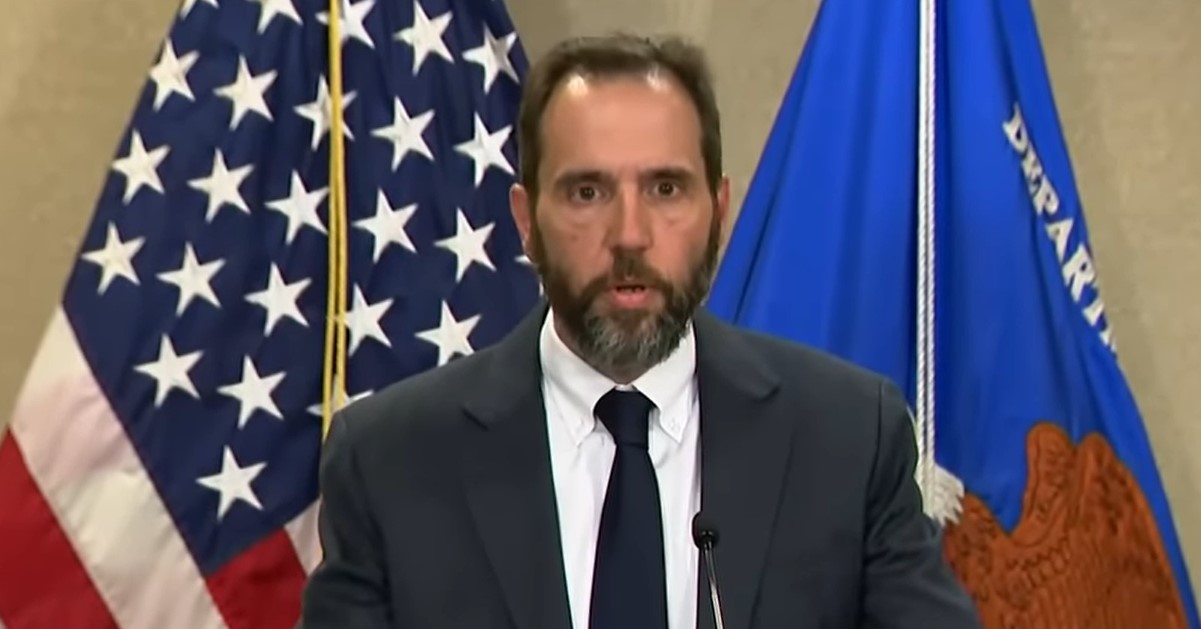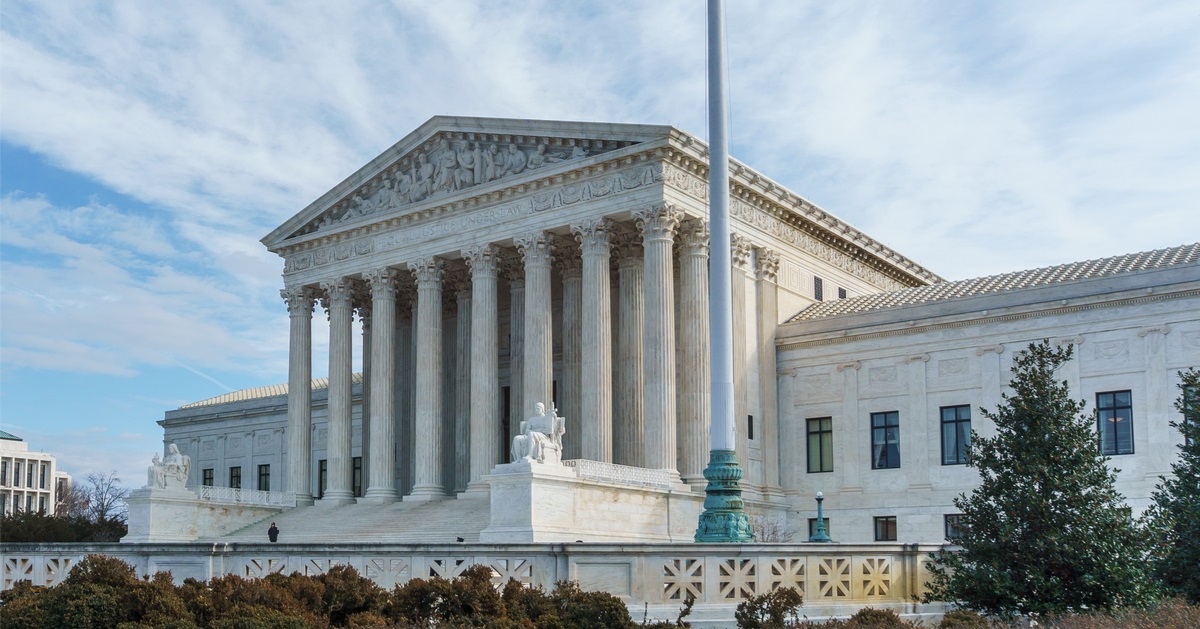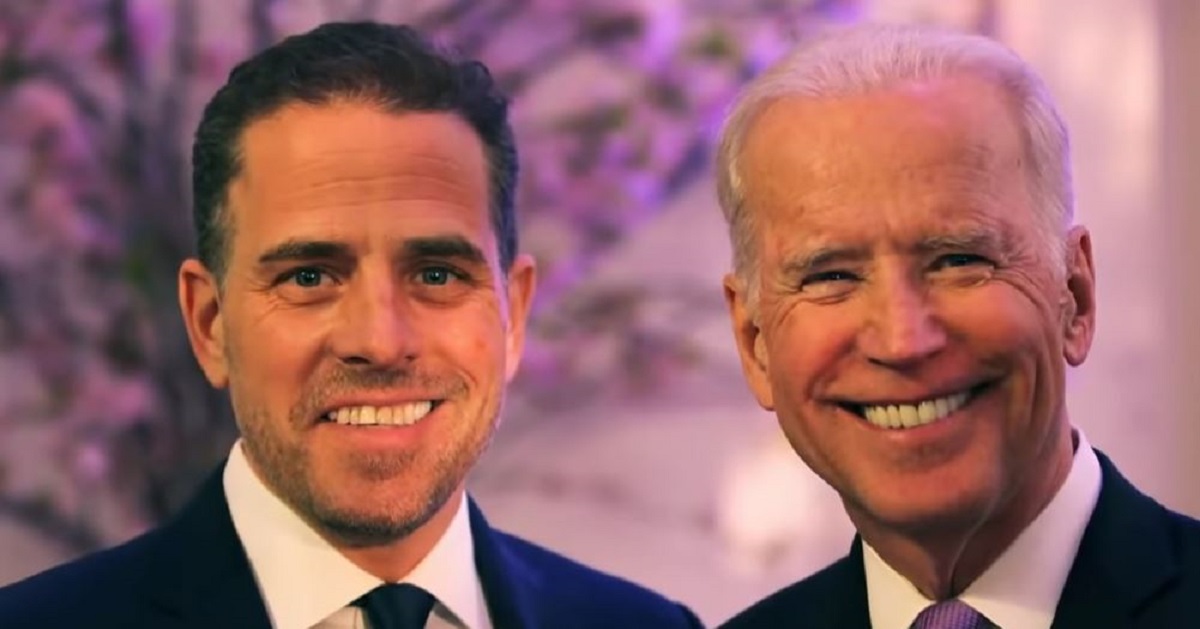Judge in classified docs case agrees with Trump's request to strike portion of indictment about uncharged alleged criminal incident
In former President Donald Trump's classified documents case, he and his attorneys have made multiple attempts to convince the presiding judge to dismiss the charges brought by Special Counsel Jack Smith or, at the very least, substantially narrow the evidence that the prosecution is allowed to present during a trial.
Trump scored a minor victory in that regard on Monday as Judge Aileen Cannon agreed to strike from the indictment a particular reference to an uncharged alleged crime, as it may prove unfairly prejudicial to a jury, The Guardian reported.
The judge declined to dismiss the indictment in its entirety, however, as Trump had requested, and likewise declined to strike other parts of the indictment Trump had objected to as those portions were either subjects of other pending motions, were reserved to be addressed separately pre-trial, or could be dealt with by the defense during a trial.
Motion to dismiss denied, but request to strike portion of the indictment granted
In Special Counsel Smith's indictment of former President Trump for alleged unauthorized retention of classified documents after leaving the White House, a passage was included about an alleged incident in 2021 during which Trump purportedly "waved around" a classified military map of Afghanistan while speaking with a political ally at one of his properties.
That particular alleged incident was not a part of any of the criminal counts charged, however, and Trump's attorneys asked for it and other uncharged incidents included in passages in the indictment to be struck from the record as part of a broader motion filed in February that sought the dismissal of the entire indictment due to certain "pleading deficiencies."
Judge Cannon addressed the earlier motion in a 14-page order on Monday that denied the motion to dismiss but granted in part the request to strike certain uncharged information from the indictment.
"Upon full review, Defendants’ Motion is DENIED for this overall reason: the identified deficiencies, even if generating some arguable confusion, are either permitted by law, raise evidentiary challenges not appropriate for disposition at this juncture, and/or do not require dismissal even if technically deficient, so long as the jury is instructed appropriately and presented with adequate verdict forms as to each Defendants’ alleged conduct," she wrote.
The judge added, "Defendants’ alternative request to strike portions of the Superseding Indictment is DENIED IN PART, GRANTED IN PART as to the improperly contained uncharged offense allegations included therein, and RESERVED IN PART as to potentially privileged information."
Indictments should be "plain" and "concise;" judges can strike "surplusage" from charging document
In agreeing to strike a particular uncharged portion of Special Counsel Smith's indictment, Judge Cannon pointed to the Federal Rules of Criminal Procedures Rule 7(c)(1), which states in part that "The indictment or information must be a plain, concise, and definite written statement of the essential facts constituting the offense charged."
She also took note of the tendency of some prosecutors, including Smith, to present "speaking" indictments that aren't "plain" and "concise" but instead provide a sort of "narrative" that includes "superfluous" information not specifically related to the charges but are nonetheless included as evidence of a pattern of criminal behavior, even though that extra information could be deemed unnecessary and prejudicial to a jury.
The judge further pointed to Rule 7(d) which allows that "the court may strike surplusage from the indictment or information" upon a defendant's request.
Rule prohibits inclusion of uncharged alleged crimes -- with some exceptions
As to the specific paragraph in the indictment that Judge Cannon ruled should be struck, she seemed to suggest that it violated Rule 404(b)(1), which states that "Evidence of any other crime, wrong, or act is not admissible to prove a person’s character in order to show that on a particular occasion the person acted in accordance with the character."
Yet, as The Guardian noted, Special Counsel Smith cited the second part of the rule, 404(b)(2), which states that "This evidence may be admissible for another purpose, such as proving motive, opportunity, intent, preparation, plan, knowledge, identity, absence of mistake, or lack of accident."
In the end, based on the judge's Monday ruling, an eventual jury in the classified documents case -- if it ever comes to a trial -- will not be hearing from prosecutors the unproven allegation that Trump "waved around" a classified map during a meeting with a political ally at one of his properties after leaving the White House.






